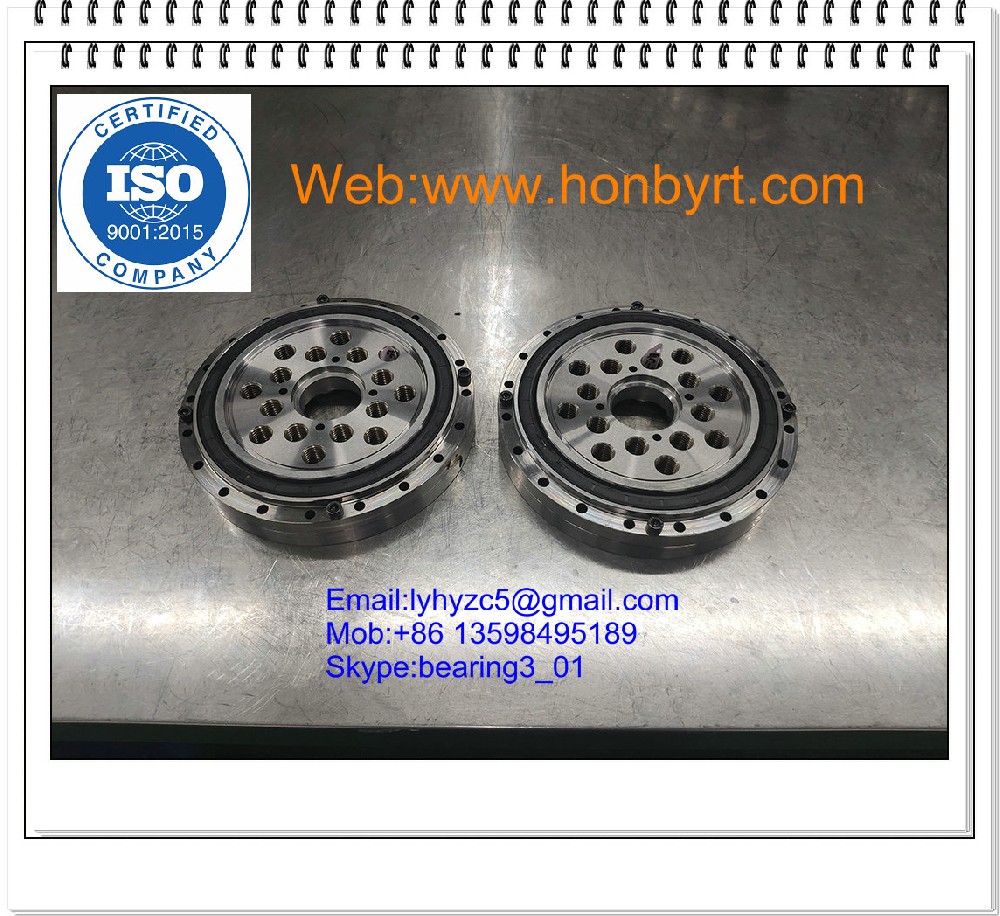As we all know, bearings are precision mechanical parts that require high precision and high surface finish. Rust will cause bearings to lose their original precision and finish, directly affecting the performance of the bearings, reducing their service life, or even causing them to be scrapped. In the production and processing of bearings, if the anti-rust management measures are not appropriate, a large amount of rust will occur on semi-finished and finished parts, seriously affecting the balance connection and the timely completion of the task. Therefore, anti-rust management of bearings is very important.
Main causes of bearing rust
(1) During grinding, the instantaneous high temperature will cause the surface of the workpiece to reach a molten state, and the steel surface will react chemically with the oxygen in the air to form an extremely thin (20-30nm) iron oxide film. If the air is not completely removed during subsequent processing, even if the bearings are coated with anti-rust oil, the internal corrosion will appear on the surface of the bearings after a period of time. (2) When the bearings are finely ground or super-ground, the specified accuracy is not achieved, and pits of a certain depth are formed on the surface. Once corrosive particles or moisture in the air enter these pits, corrosion will gradually appear. (3) After the bearing is acid-printed and engraved, if it is not cleaned or neutralized thoroughly, it will cause corrosion. (4) The method of applying anti-rust oil is unreasonable. One method is to use a rag soaked in anti-rust oil to roll the bearing on the rag. The sweat on the hands, the corrosive substances on the rag, and the bearing parts that are not coated with anti-rust oil will cause corrosion; the other method is to stack the bearings together and then spray the anti-rust oil with a sprayer. It is difficult for the overlapping surfaces of the bearings to be sprayed with anti-rust oil. In this way, corrosion will slowly occur due to long-term contact with moisture and oxygen in the air. (5) The influence of humidity. The critical humidity of steel is about 65%, and the humidity in the production environment mostly exceeds 65%, and some even reach 80%, which can easily cause rust on the bearings. (6) When the bearings are washed with water, they are not dehydrated or the dehydration is not clean or they are blown dry with an air compressor without drying, which will also cause serious corrosion of the bearings. (7) When the bearing is assembled and inspected, the operator directly touches the bearing parts with his hands, causing the sweat on his hands to remain on the bearing surface, which will cause the outer ring of the bearing to rust. (8) A large amount of moisture and corrosive substances with salt in the air blow onto the bearing surface, and the temperature of the product drops due to ventilation, resulting in "condensation", which can also cause the bearing to rust. (9) The bearing steel material does not meet the requirements, such as the high content of non-metallic impurities in the steel (the increase in sulfur content in the steel reduces the material's own corrosion resistance).


